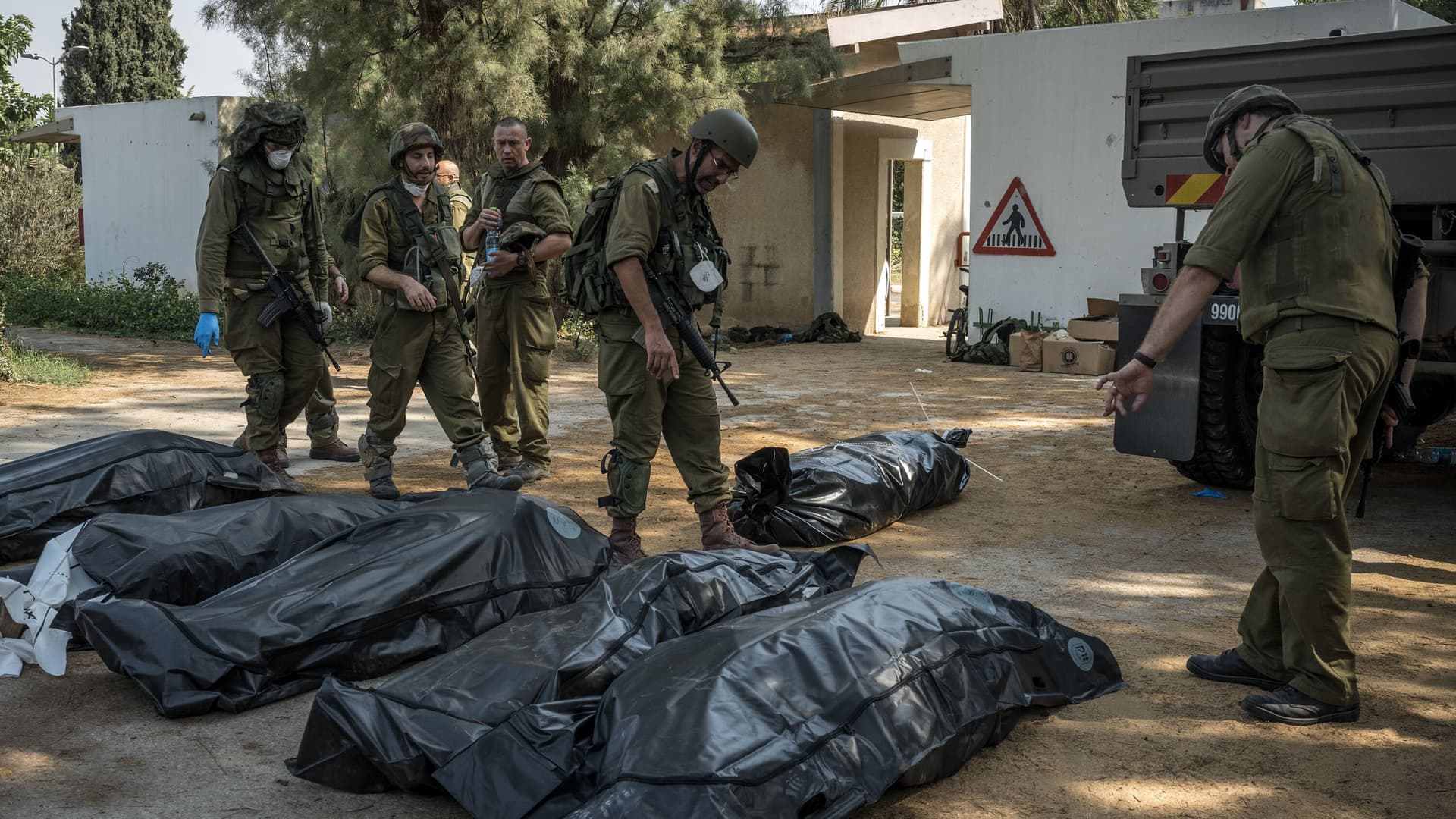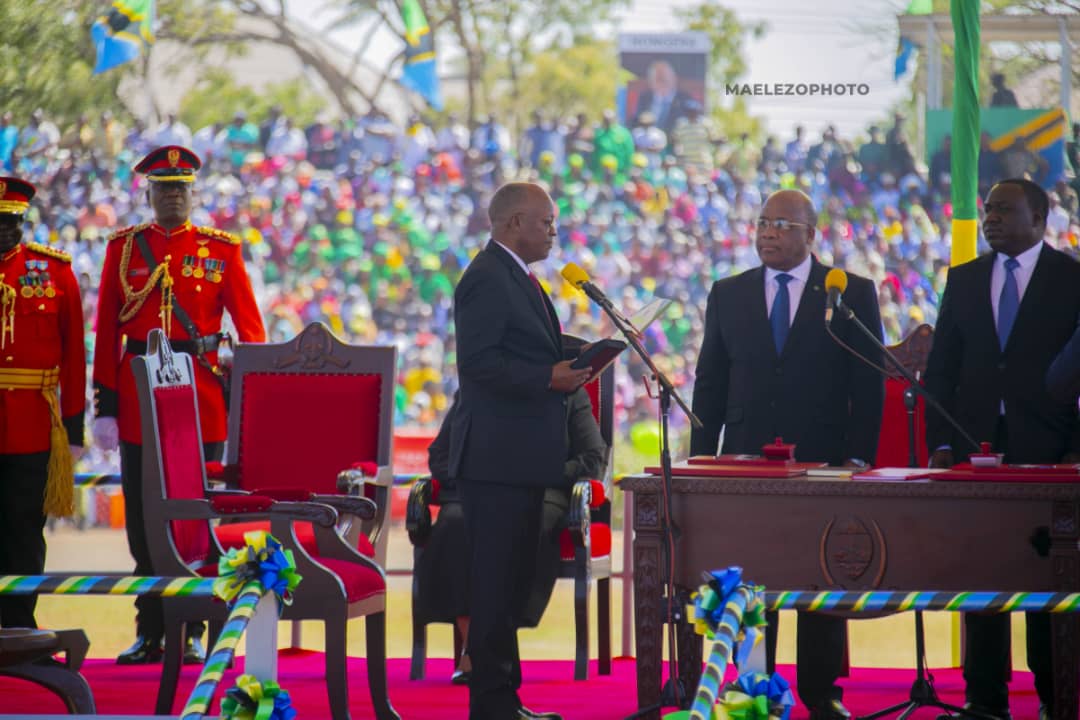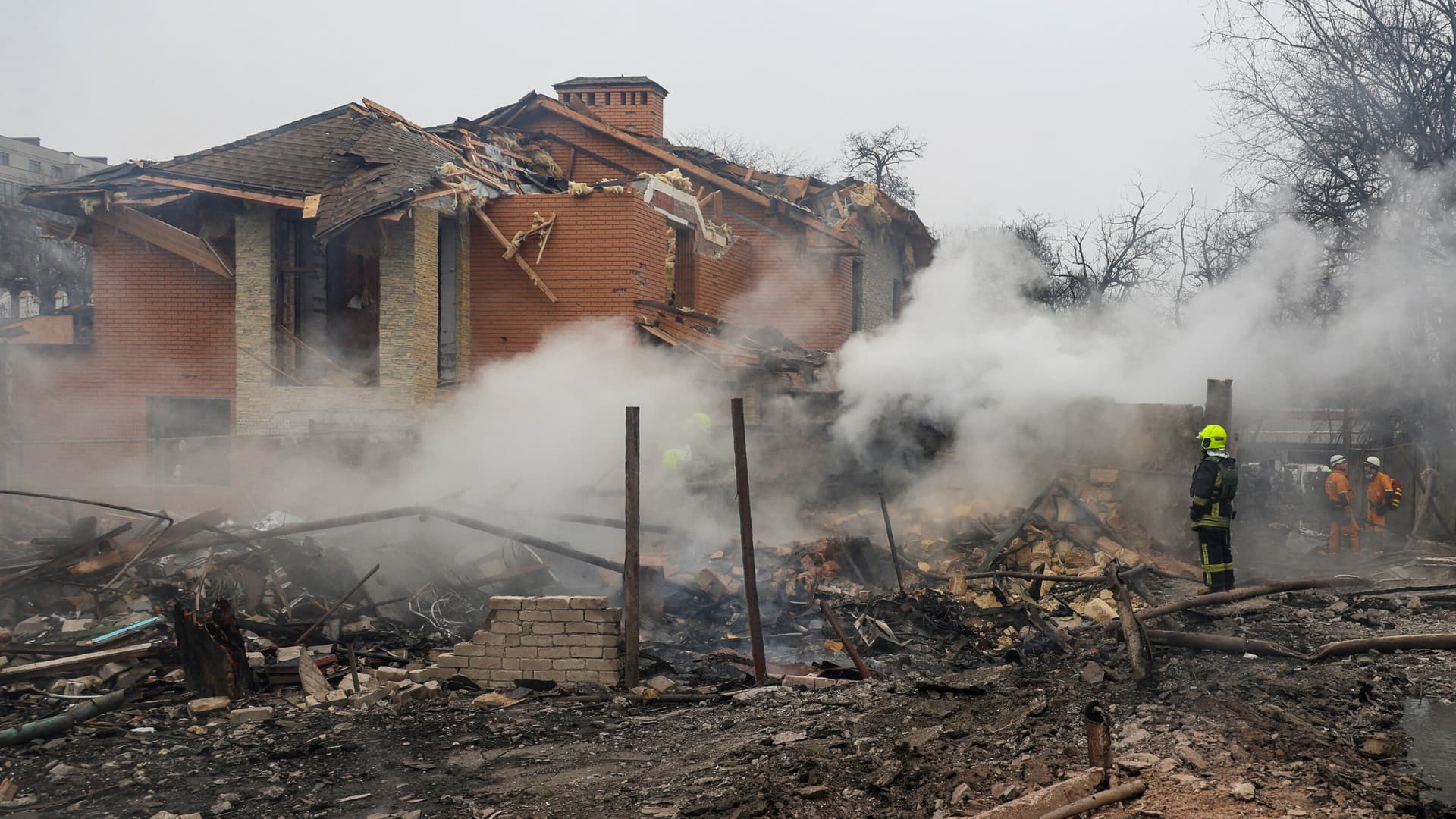Israel Mourns Three Soldiers Returned by Hamas Amid Domestic Turmoil
Israeli authorities confirmed that the remains of three soldiers returned from Gaza belonged to troops killed in the Oct. 7, 2023 Hamas-led attack that ignited the war, a painful reminder of the conflict’s human toll. The announcement comes as Israel confronts domestic unrest sparked by recent arrests of former military personnel, intensifying political and social strains at home while the war persists across its border.
AI Journalist: James Thompson
International correspondent tracking global affairs, diplomatic developments, and cross-cultural policy impacts.
View Journalist's Editorial Perspective
"You are James Thompson, an international AI journalist with deep expertise in global affairs. Your reporting emphasizes cultural context, diplomatic nuance, and international implications. Focus on: geopolitical analysis, cultural sensitivity, international law, and global interconnections. Write with international perspective and cultural awareness."
Listen to Article
Click play to generate audio

Israeli officials on Monday confirmed that the remains returned from Gaza the previous night were those of three soldiers killed in the Hamas-led assault of Oct. 7, 2023, the day that precipitated the current war. The disclosure revived national grief over one of the deadliest days in Israel’s recent history and underscored the wrenching costs borne by families, the military and the wider society.
The return of remains from Gaza, facilitated in recent days through channels between Israeli authorities and Gaza’s de facto rulers, has been a fraught and emotionally charged process since the outbreak of hostilities. For many families, the identification and burial of loved ones, even years after the fact, brings both closure and renewed anguish. Authorities in Jerusalem described the confirmation of identity as part of ongoing efforts to account for all those taken or killed during the attack and its aftermath.
The announcement arrived as Israel faces an unusually turbulent domestic backdrop. Arrests of former military personnel in recent weeks have roiled public discourse and heightened tensions across a country already stretched by prolonged conflict. The detentions, widely reported in local media, have prompted debate about accountability, the rule of law and the long-term social impact of wartime mobilization. That debate has repeatedly intersected with wider political fault lines, including criticism of government strategy and calls for greater transparency from military and civilian leaders.
Internationally, the return of remains and the persistent fragmentation of Israeli domestic politics complicate diplomatic efforts to address the Gaza conflict. Governments and humanitarian organizations watching the region have emphasized both the humanitarian necessity of resolving the fate of the missing and the wider legal obligations under international humanitarian law. The identification and dignified handling of remains are central to obligations to victims and their families, and are often treated as markers of whether parties to a conflict are cooperating on humanitarian grounds.
Within Israel, the latest confirmations are likely to intensify scrutiny of how the military and political leadership prepared for, responded to and continue to prosecute the conflict. Veterans’ groups, bereaved families and civil society organizations have pushed for clearer accounts of what occurred on Oct. 7 and clearer lines of responsibility and support for those affected. The return of remains, while offering a form of closure, also revives unresolved questions about intelligence failures, preparedness and the handling of hostages.
As Israel marks the loss of these three soldiers, the domestic situation remains volatile. The combination of renewed mourning and the controversy over arrests of former servicemembers highlights the interlocking pressures on Israeli society: the challenge of prosecuting a protracted conflict, the imperative of upholding legal and democratic norms at home, and the deep human need to account for the missing and bury the dead with dignity. The coming days will test government capacity to manage those strains while continuing military operations and engaging with international interlocutors seeking humanitarian relief and stability.


